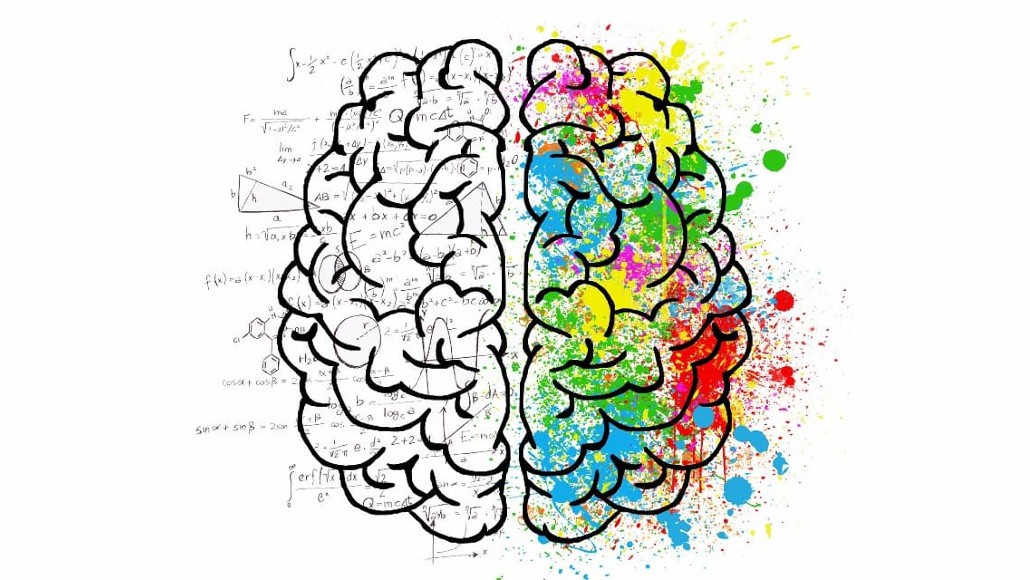What is a growth mindset?
A growth mindset is a concept developed by psychologist Carol Dweck (Stanford University professor known for her work on motivation and mindset), which describes the belief that one's abilities and intelligence can be developed and improved over time through dedication, hard work, and learning. Individuals with a growth mindset see challenges as opportunities for growth, they embrace failures as learning experiences, and they persist in the face of setbacks.
Key characteristics of a growth mindset include:
- Embracing challenges: People with a growth mindset see challenges as opportunities to learn and improve, rather than as threats to their abilities.
- Persistence: They demonstrate resilience and perseverance in the face of obstacles, understanding that effort and persistence are essential for mastery.
- Viewing effort as path to mastery: Instead of believing that talent alone leads to success, individuals with a growth mindset understand that effort and continuous learning are crucial for achieving goals.
- Learning from feedback: They actively seek feedback and see it as constructive input for growth and development, rather than as criticism.
- Inspired by others' success: Rather than feeling threatened by others' success, individuals with a growth mindset are inspired by it, seeing it as evidence that improvement and success are achievable through effort and learning.
In contrast, a fixed mindset is the belief that abilities and intelligence are innate traits that cannot be changed. Those with a fixed mindset tend to avoid challenges, give up easily in the face of obstacles, and view failures as indicators of their lack of ability.
Cultivating a growth mindset can lead to greater resilience, motivation, and ultimately, success in various aspects of life, including academics, career, and personal development.
"Love challenges, be intrigued by mistakes, and effort and keep on learning."
Carol Dweck
Growth mindset and the brain
Many people believe that the ability we are born with is unchangeable. We often hear statements like “I just don't have a maths brain” or “I am just not good at writing” etc., implying that our brains do not grow or change with time. But deep down we know this is not true. Recall the last time you wanted to learn a new skill: surfing, juggling, playing an instrument, or learn a new language for that Italy trip you had planned. Having intrinsic motivation probably helped you learn the skill.
The key term here is Neuroplasticity: The brain’s ability to reorganise itself by forming new neural connections throughout life. Neuroplasticity allows the neurons (nerve cells) in the brain to compensate for injury and disease and to adjust their activities in response to new situations or to changes in their environment.
Neuroplasticity is the reason our brains do “grow”, i.e. form new connections. Our brains are shaped by experiences, learning, and adaptation.
Watch the video below for some more information on neuroplasticity and the brain.
10 ways to encourage a growth mindset in children
Encouraging a growth mindset in children is beneficial for their long-term development and success. Here are ten ways to foster a growth mindset in children:
- Praise effort, not intelligence: Instead of praising children for being smart or talented, praise their effort, perseverance, and strategies they used to overcome challenges. This teaches them that hard work and dedication are more important than innate abilities.
- Teach them about the brain: Help children understand that the brain is like a muscle that grows stronger with practice and effort. Explain the concept of neuroplasticity and how their brains can develop and change over time through learning and experience.
- Encourage a love for learning: Foster a curiosity for learning by exposing children to a variety of experiences, subjects, and activities. Encourage them to explore new interests and pursue their passions.
- Normalise mistakes and failure: Emphasise that mistakes and failures are a natural part of the learning process and opportunities for growth. Encourage children to embrace challenges and view setbacks as learning opportunities rather than signs of incompetence.
- Provide constructive feedback: Offer specific and constructive feedback that focuses on the effort, strategies, and progress children have made rather than simply on the outcome. Help them understand how they can improve and grow from their experiences.
- Set realistic expectations: Encourage children to set realistic and achievable goals that stretch their abilities but are within reach with effort and persistence. Celebrate their progress and milestones along the way.
- Model a Growth Mindset: Lead by example and demonstrate a growth mindset in your own behaviour and attitude towards learning and challenges. Share your own struggles, failures, and successes with your children, and show them how you overcome obstacles.
- Encourage perseverance: Teach children the value of perseverance and resilience in the face of setbacks. Encourage them to keep trying, even when things get difficult, and praise their persistence and determination.
- Use positive language: Use positive and empowering language that reinforces the idea that abilities can be developed with effort and practice. Avoid phrases that imply fixed traits or limitations, such as "I'm not good at science" or "I can't do this."
- Create a Growth Mindset environment: Foster a supportive and nurturing environment that promotes a growth mindset at home and in school. Surround children with role models who embody a growth mindset and provide resources and opportunities for them to learn and grow.
By implementing these strategies, parents, caregivers, and educators can help children develop a growth mindset that will serve them well throughout their lives.

